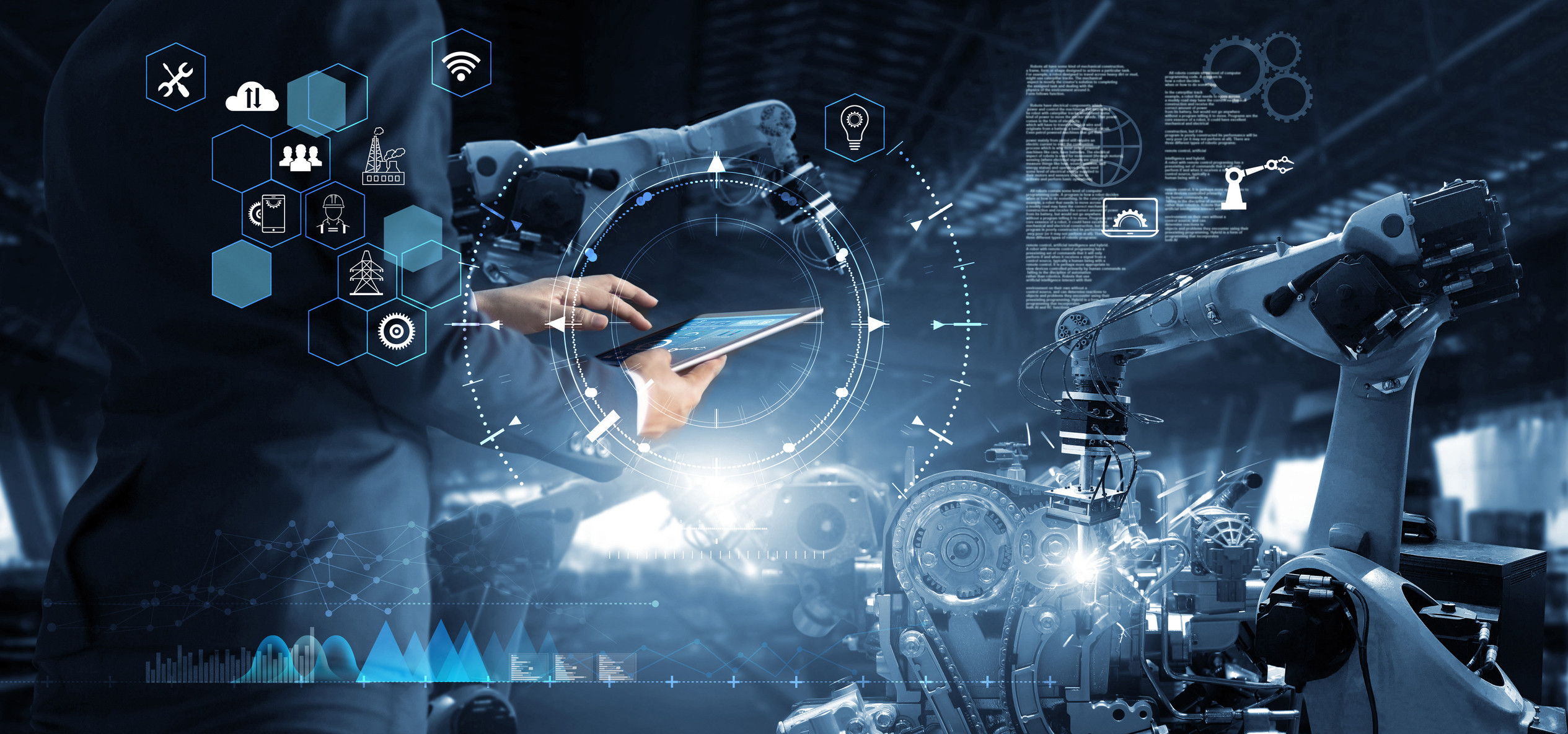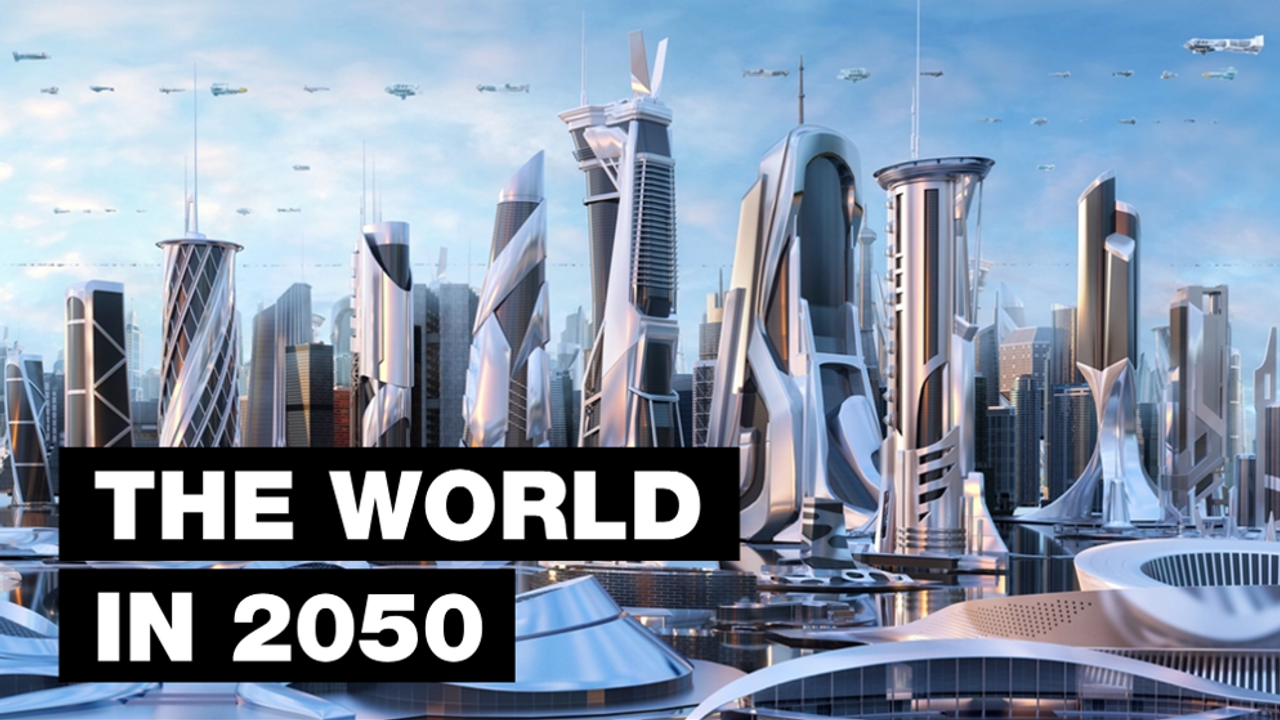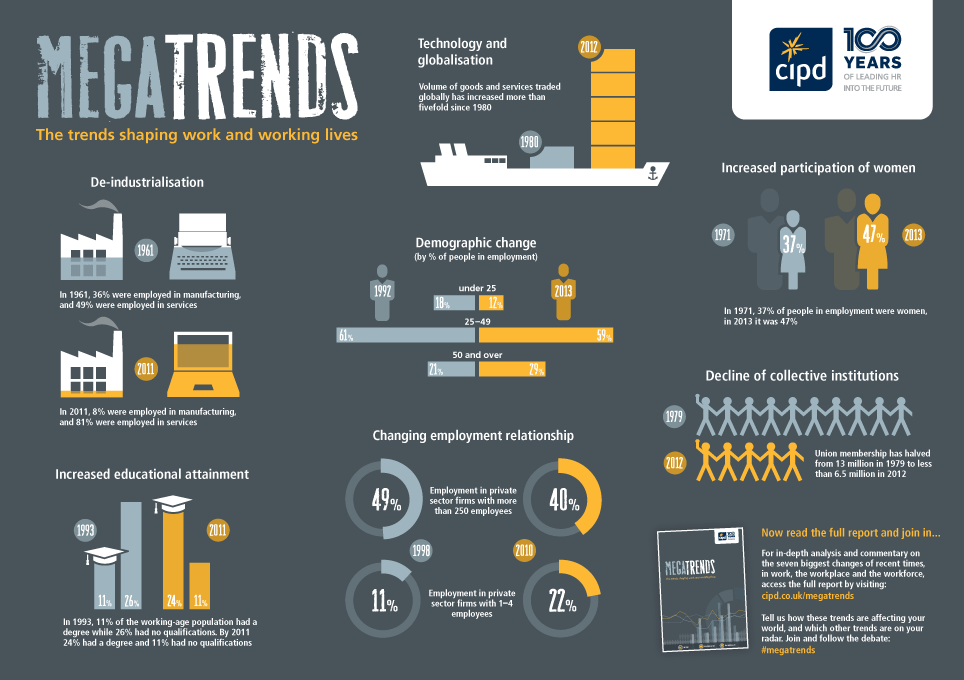Navigating the Future: A Look at Trends Shaping the World in 2025
Navigating the Future: A Look at Trends Shaping the World in 2025
Introduction
With enthusiasm, let’s navigate through the intriguing topic related to Navigating the Future: A Look at Trends Shaping the World in 2025. Let’s weave interesting information and offer fresh perspectives to the readers.
Table of Content
Navigating the Future: A Look at Trends Shaping the World in 2025

Predicting the future is an inherently difficult task, yet understanding emerging trends provides a valuable framework for navigating the complexities of tomorrow. This exploration delves into key trends anticipated to shape the world in 2025, examining their potential impact across various domains.
Understanding the Dynamics of Change
The world in 2025 will be a product of numerous interconnected forces, from technological advancements to shifting demographics and evolving societal values. These forces create a dynamic landscape where established norms are challenged, and new opportunities arise. To effectively navigate this landscape, it is essential to identify and analyze the trends that will define the future.
Key Trends Shaping the World in 2025
1. The Rise of Artificial Intelligence (AI)
AI is no longer a futuristic concept; it is rapidly becoming an integral part of our lives. From personalized recommendations on streaming platforms to self-driving cars, AI is transforming industries and redefining how we interact with technology. In 2025, AI’s influence is expected to intensify, with advancements in areas like natural language processing, computer vision, and robotics leading to:
- Enhanced Automation: AI will continue to automate tasks across various sectors, leading to increased efficiency and productivity. This will impact industries ranging from manufacturing and healthcare to customer service and finance.
- Personalized Experiences: AI will enable the creation of highly personalized experiences tailored to individual preferences. This will be seen in areas like e-commerce, entertainment, and education.
- New Business Models: AI will fuel the emergence of new business models based on data analysis and machine learning. This will create opportunities for innovation and disruption across industries.
2. The Internet of Things (IoT)
The IoT refers to the interconnected network of devices, vehicles, appliances, and other objects embedded with sensors, software, and network connectivity. This interconnectivity allows these objects to collect and exchange data, enabling a wide range of applications. By 2025, the IoT is expected to:
- Transform Industries: The IoT will revolutionize industries like manufacturing, agriculture, and transportation through data-driven insights and improved operational efficiency.
- Enhance Smart Cities: IoT technologies will play a critical role in creating smart cities, optimizing traffic flow, managing energy consumption, and improving public safety.
- Personalize Living: The IoT will bring personalized experiences to our homes, with smart appliances, connected devices, and automated systems enhancing comfort and convenience.
3. The Metaverse and Virtual Reality (VR)
The metaverse, a collective virtual space encompassing augmented reality (AR), virtual reality (VR), and other immersive technologies, is poised to become a significant part of our lives in 2025. This immersive experience will:
- Reimagine Social Interaction: The metaverse will create new avenues for social interaction, allowing users to connect and collaborate in virtual environments.
- Expand Entertainment and Gaming: VR and AR technologies will transform entertainment and gaming, offering immersive experiences and interactive content.
- Revolutionize Education and Training: The metaverse will provide immersive learning experiences, simulating real-world scenarios and enhancing knowledge acquisition.
4. Climate Change and Sustainability
Climate change is a pressing global challenge, and its impact will be increasingly felt in 2025. Addressing this challenge will require a shift towards sustainable practices across all sectors, including:
- Renewable Energy Sources: The adoption of renewable energy sources like solar, wind, and hydro will be crucial in reducing carbon emissions and mitigating climate change.
- Circular Economy: The transition to a circular economy, focusing on reusing and recycling resources, will be essential for minimizing waste and preserving natural resources.
- Sustainable Consumption: Consumers will play a crucial role in driving sustainability through conscious purchasing decisions and adopting eco-friendly practices.
5. The Future of Work
The future of work is undergoing a significant transformation, driven by technological advancements and changing societal expectations. In 2025, we can expect:
- Remote and Flexible Work: Remote work and flexible work arrangements will become increasingly prevalent, offering employees greater autonomy and work-life balance.
- Upskilling and Reskilling: As automation reshapes the workforce, lifelong learning and upskilling will become essential for individuals to adapt to evolving job demands.
- The Rise of the Gig Economy: The gig economy, characterized by freelance and contract work, will continue to grow, offering individuals greater flexibility and entrepreneurial opportunities.
6. The Rise of Digital Health
Digital health technologies are transforming healthcare, providing patients with greater access to information, personalized care, and remote monitoring capabilities. In 2025, we can expect:
- Telemedicine and Remote Monitoring: Telemedicine will become increasingly integrated into healthcare, enabling virtual consultations and remote patient monitoring.
- Personalized Medicine: Advances in genomics and AI will enable personalized medicine, tailoring treatments to individual patients’ genetic profiles.
- Wearable Technology: Wearable devices will play a significant role in health monitoring, providing real-time data on vital signs and physical activity.
7. The Growing Importance of Data Privacy and Security
As data becomes increasingly central to our lives, the need for data privacy and security will become paramount. In 2025, we can expect:
- Enhanced Data Protection Regulations: Governments and organizations will strengthen data protection regulations to safeguard individual privacy and prevent data breaches.
- Increased Awareness of Cybersecurity Threats: Individuals and organizations will be more aware of cybersecurity threats and take proactive measures to protect their data.
- The Rise of Data Ethics: Ethical considerations surrounding data collection, use, and storage will become increasingly important, shaping how data is managed.
8. The Power of Social Media and Digital Platforms
Social media and digital platforms continue to play a significant role in shaping public discourse, influencing consumer behavior, and driving social change. In 2025, we can expect:
- Evolving Social Media Landscape: Social media platforms will continue to evolve, incorporating new features and technologies to enhance user experience and engagement.
- Increased Focus on Content Authenticity: The fight against misinformation and fake news will intensify, with platforms implementing measures to promote content authenticity and combat disinformation.
- The Rise of Influencer Marketing: Influencer marketing will continue to grow, leveraging the reach and credibility of online personalities to influence consumer decisions.
Related Searches
1. Future of Technology in 2025: This search explores the advancements and innovations expected in various technology domains, including AI, IoT, VR, and robotics.
2. Trends in Artificial Intelligence: This search delves into the latest developments and applications of AI, focusing on areas like machine learning, natural language processing, and computer vision.
3. Impact of Climate Change on the World: This search examines the potential consequences of climate change on various aspects of our lives, including environmental, economic, and social impacts.
4. Future of Work Trends: This search explores the changing nature of work, examining trends like automation, remote work, and the gig economy.
5. Digital Health Innovations: This search focuses on advancements in digital health technologies, including telemedicine, wearable devices, and personalized medicine.
6. Data Privacy and Security in 2025: This search examines the evolving landscape of data privacy and security, exploring regulations, cybersecurity threats, and data ethics.
7. Social Media Trends for 2025: This search analyzes upcoming trends in social media, including platform evolution, content authenticity, and influencer marketing.
8. Global Economic Trends 2025: This search explores the economic outlook for 2025, examining factors influencing global growth, trade, and investment.
FAQs
1. What are the most significant technological advancements expected in 2025?
The most significant technological advancements expected in 2025 include advancements in AI, IoT, VR, and robotics. These technologies will reshape industries, create new business models, and transform our lives in unprecedented ways.
2. How will climate change impact the world in 2025?
Climate change is expected to have a significant impact on the world in 2025, leading to more extreme weather events, rising sea levels, and disruptions to ecosystems. Addressing climate change will require a global effort to reduce carbon emissions and transition to sustainable practices.
3. What are the implications of the future of work trends for individuals and businesses?
The future of work trends will require individuals to adapt to evolving job demands through lifelong learning and upskilling. Businesses will need to embrace flexibility, invest in employee development, and create work environments that attract and retain talent.
4. How will digital health technologies improve healthcare in 2025?
Digital health technologies will improve healthcare by enhancing access to information, providing personalized care, and enabling remote monitoring. This will lead to more efficient and effective healthcare delivery, improving patient outcomes.
5. What measures are being taken to address data privacy and security concerns?
Governments and organizations are implementing stricter data protection regulations, investing in cybersecurity measures, and promoting data ethics to address data privacy and security concerns.
Tips
1. Stay Informed: Stay informed about emerging trends by following industry publications, attending conferences, and engaging in online discussions.
2. Embrace Lifelong Learning: Invest in your personal and professional development by acquiring new skills and knowledge relevant to the evolving job market.
3. Adapt to Change: Be adaptable and flexible in the face of change, embracing new technologies and approaches to work.
4. Promote Sustainability: Make conscious choices to reduce your environmental impact and support sustainable businesses.
5. Prioritize Data Privacy: Be mindful of your data privacy and take steps to protect your personal information.
Conclusion
The world in 2025 will be shaped by a complex interplay of trends, driven by technological advancements, societal shifts, and global challenges. Understanding these trends and their implications is crucial for individuals, businesses, and policymakers alike. By embracing innovation, adapting to change, and prioritizing sustainability, we can navigate the future with confidence and create a more prosperous and equitable world for all.








Closure
Thus, we hope this article has provided valuable insights into Navigating the Future: A Look at Trends Shaping the World in 2025. We appreciate your attention to our article. See you in our next article!